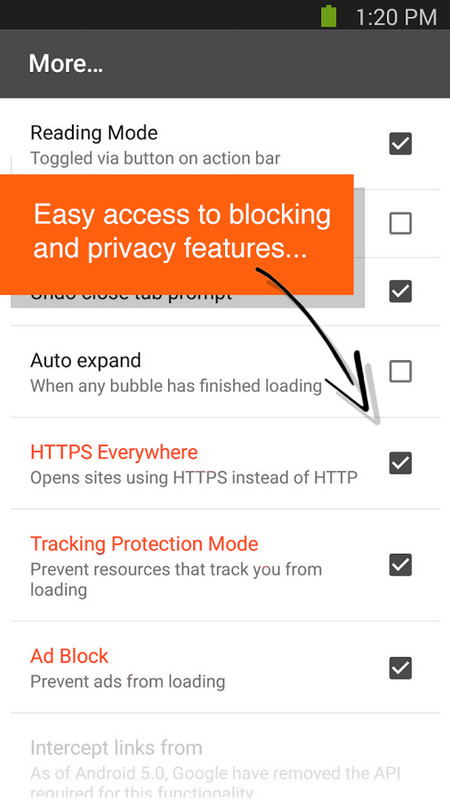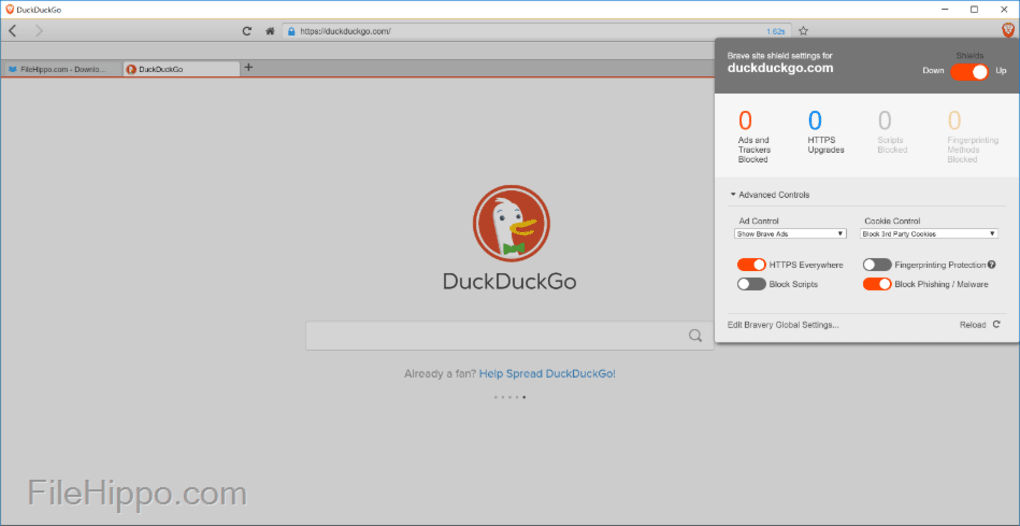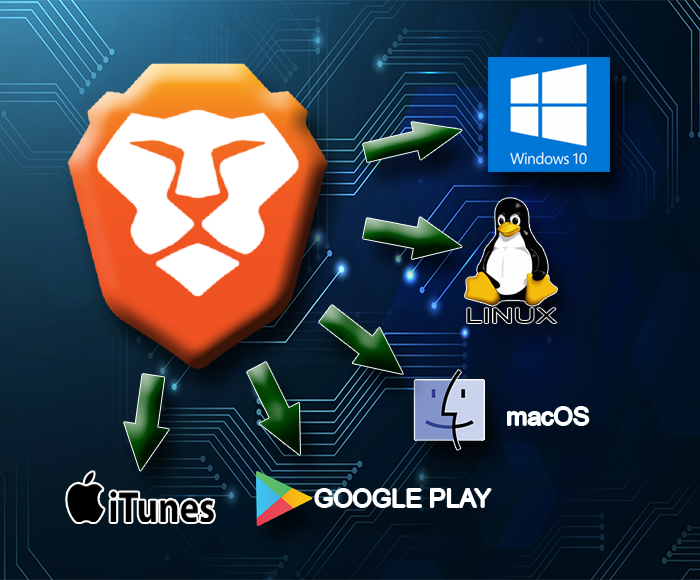

Since Brave is about privacy, it is essential to have a private mode. To save a page and return to it later, you can bookmark it by clicking the bookmark icon to the left of the search bar at the top. The user can then delete the history of the last hour, last 24 hours, last week or the entire history.

History and Bookmarksīrave saves each visited page in a list accessible from the History tab. In the middle of the main window, you will have the most visited websites and, at the top, you have other menus such as the bookmarks menu. You will find a URL bar that allows you to search directly in Google (the user can change the default search engine from the settings). The rest of the user interface is largely the norm in all other web browsers. The user will be able to see the number of ads and web-trackers blocked in the upper right corner of the main window, which will also give him a sense of security. Brave seems and feels easy and direct and it's something inherited from Chromium. The user interface is similar to Chrome, which is reasonable since Brave is based on the open-source Chromium project. In addition to that, Brave blocks ads making your Internet-browsing experience more pleasant.

deb even though I want to go with brave instead of them. So going through all that just to download Brave nightly especially since a lot of times, I'm just on a live USB, makes me prefer other apps with a. The problem is that with Windows, Android and Chrome, I can easily connect to the VPN but connecting through terminal is another lengthy process even when I know what need to be done from installing pptp-linux to configuring and connecting it. deb file so I can install it offline whenever I want to.Īnother issue with point number 1 is that both my ISPs have an issue with VPN support and I'm already using Ivacy VPN.


 0 kommentar(er)
0 kommentar(er)
